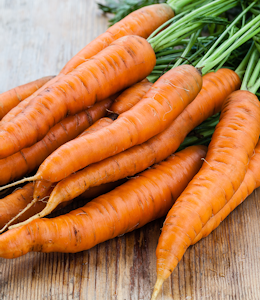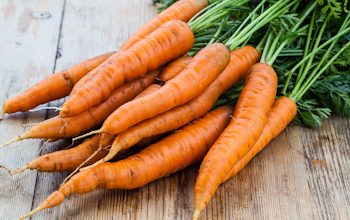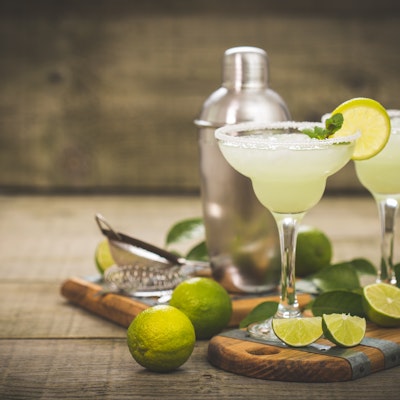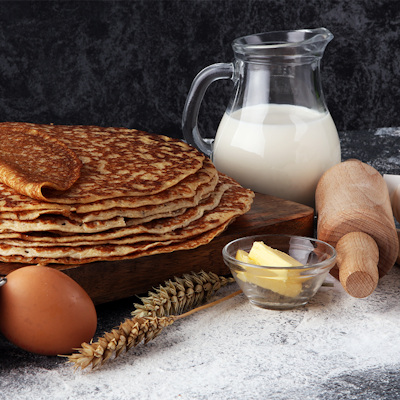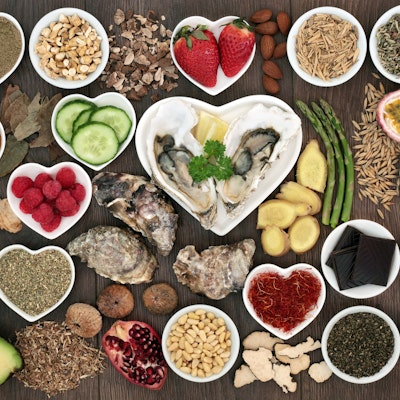Best foods for slow cooking
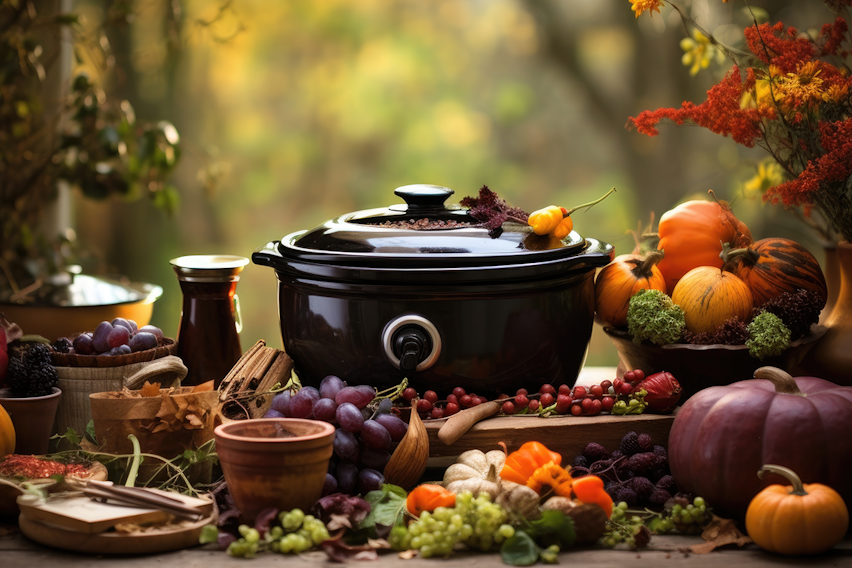
Slow cooking has always been a tried and trusted method but the past few years have seen it boom in popularity. But what foods should be slow cooked? What’s the best meat? Best vegetables?
Wonder no more - we’re rounding up the best ingredients for slow cooking - perfect for hearty, warming Winter meals...
They are:
- Beef chuck
- Brisket
- Oxtail
- Pork shanks
- Pork belly
- Chicken thighs
- Aubergine
- Beans
- Carrots
- Onions
- Artichokes
- Lentils
- Dry spices
Now let’s find out more about them…
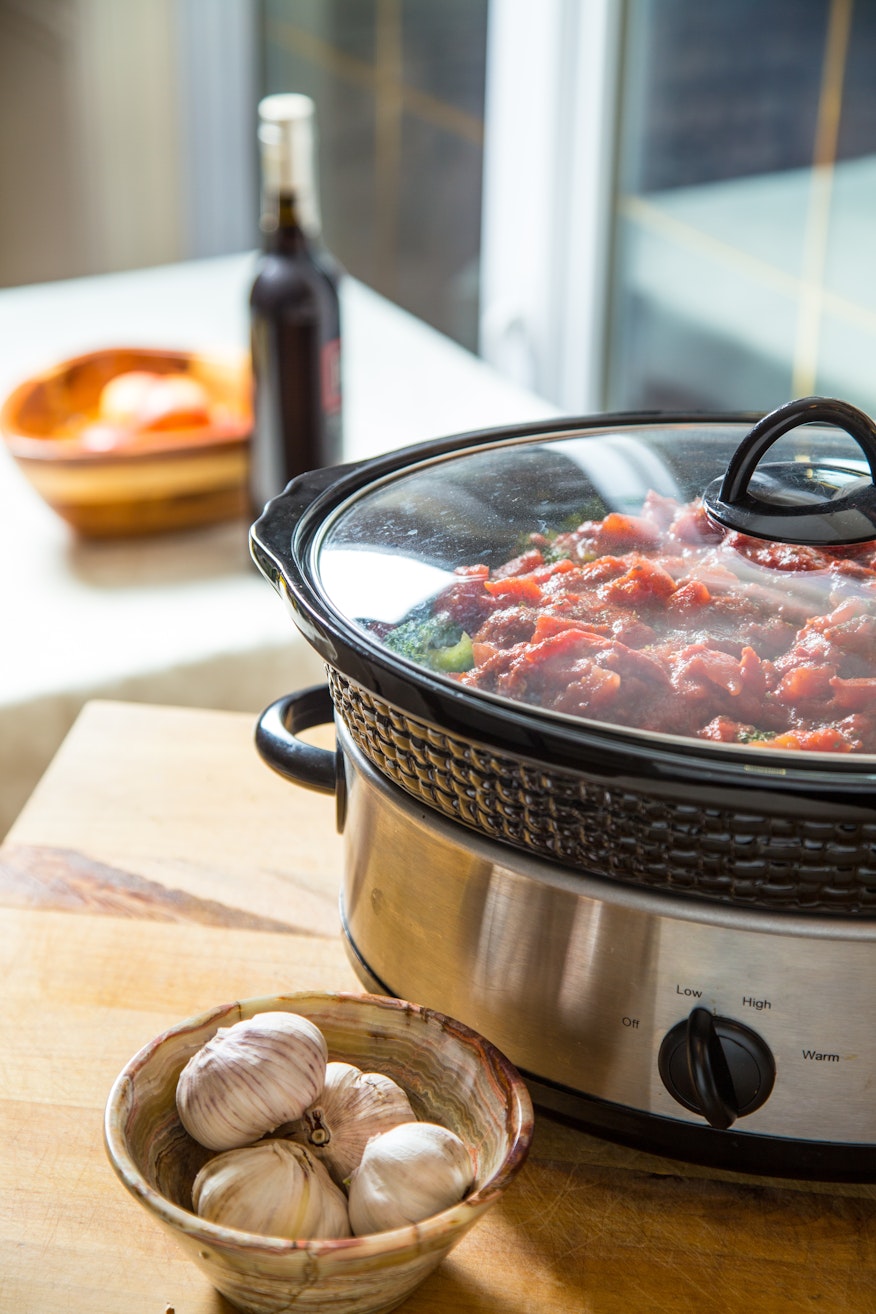
Beef chuck
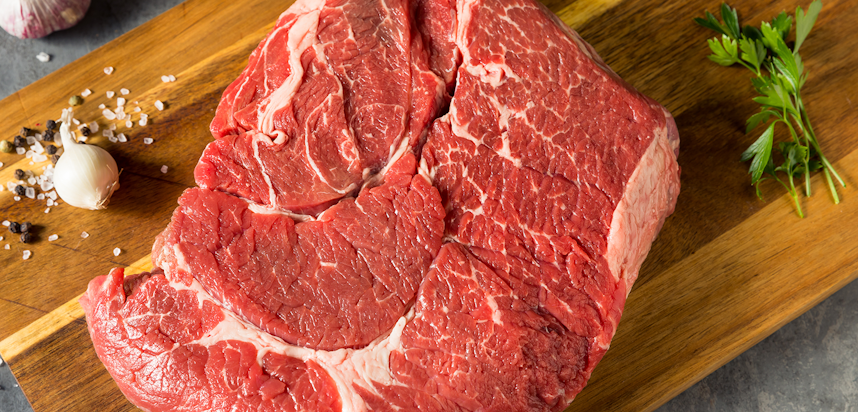
Also known as ‘braising steak’, this cut of beef comes from the cow’s shoulder and is known to be a cheap and economical choice. This is because it is tough - but that’s exactly what makes it great for slow cooking. Immersing chuck in liquid and cooking for a long time on a low heat prompts the breakdown of tissues within the meat so that they become juicy, tender and full of flavour.
It’s advised that before you put meat in a slow cooker (or cook it in the oven for a prolonged period) you brown it in a hot pan. This is for several reasons - for one it provokes something called the “Maillard reaction”, which makes the meat more flavourful, and for another it prevents the meat from clumping together.
Brisket
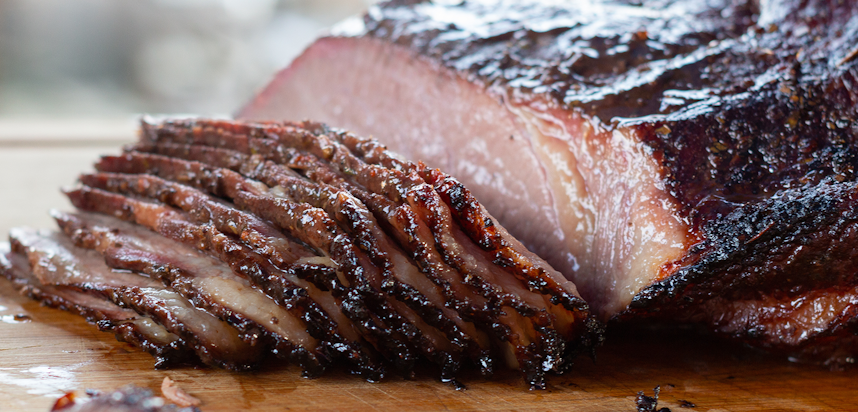
Sourced from the chest of a cow, brisket is a cut of meat that contains both fat and connective tissue. Together these traits make it a great choice for slow cooking. The fat dissolves into the liquid the meat is cooking in - making it extra tasty, and the connective tissue requires slow cooking to break down and achieve that melt-in-the-mouth quality.
It is however, easy to overcook brisket and turn it to mush or make it stringy - so pay close attention to its weight and the cooking instructions.
Oxtail
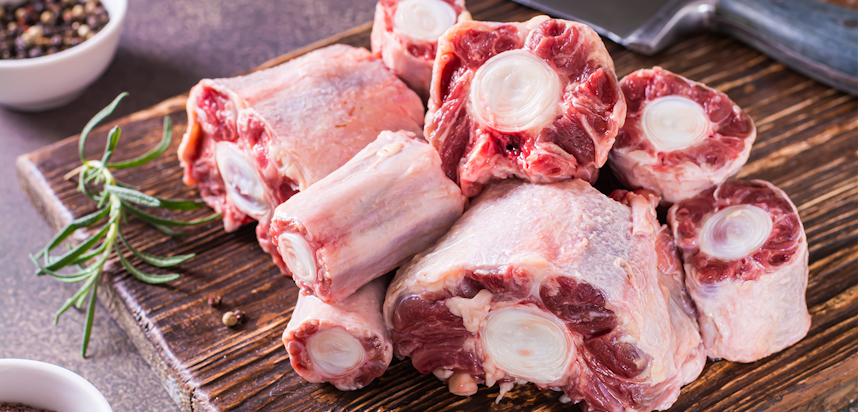
Oxtail is known for being an off-cut of beef rich in marrow, fat and cartilage - as it is literally the cow’s tail. This means in order to become soft and tender it needs to be cooked on a low heat for a long time, and as it does all the rich and fragrant flavours from the marrow, fat and cartilage is released. Oxtail is famously a great ingredient for stews, and popular in Caribbean and African cuisine.
What is the slow cooking method?
As the name suggests, slow cooking is a method of cooking in which the food is cooked over a long period of time and at a low temperature so the food cooks gradually, allowing flavours to deepen.
Chilli, stew, soups and curry are all foods that are usually slow cooked. Slow cooking can be done in a slow cooker, or in a big, lidded pot in the oven.
Pork shanks
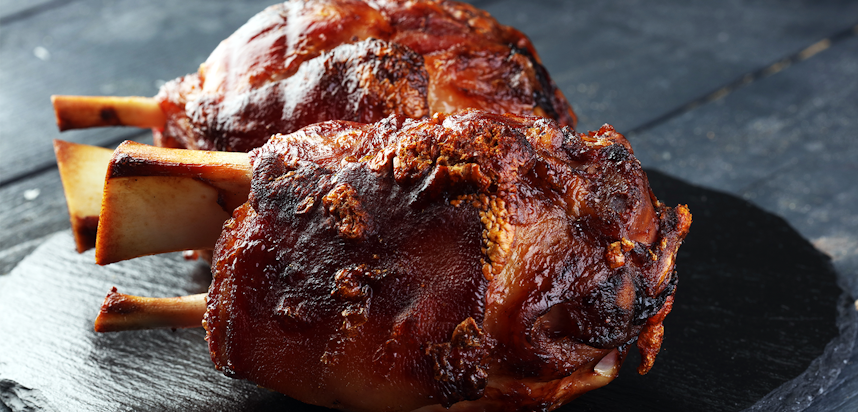
As with beef, the tougher cuts of pork are best suited to slow cooking. Pork shanks, which come from the pig’s forearm, fit the bill perfectly.
One of the most muscular cuts, pork shanks also come from around the bone - which means they contain marrow. Whilst the tough muscle fibres break down and tenderise with slow cooking, the marrow metals into the liquid stock, giving it a richness as well as added flavour.
Pork belly
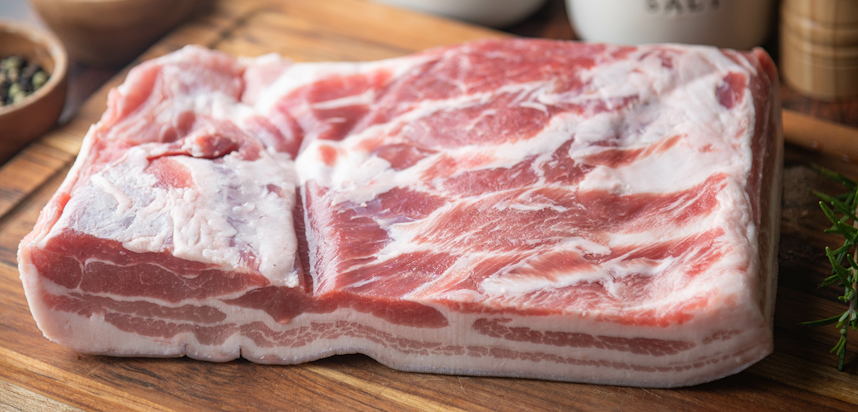
Pork belly, unsurprisingly, has a high fat content, and when cooked at a low temperature (such as 140 to 150 degrees celsius) for 2-4 hours (depending on the size) the fat gradually melts, making it tender, rich and moist.
However, if doing this in a slow cooker it should be noted that the skin of the pork will not become crispy as it would in the oven when you turn up the temperature for the last twenty minutes.
For this the skin can be removed beforehand and grilled or browned separately.
Chicken thighs
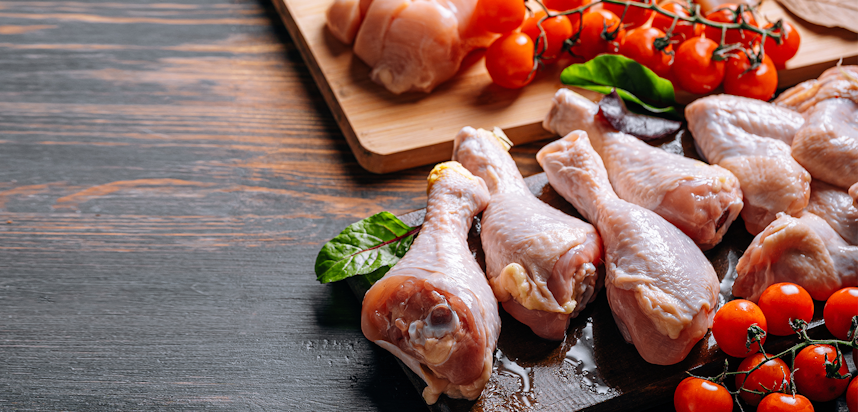
Chicken thighs are on the bone, and therefore have more flavour than the meat on the breast. This flavour releases intensely during slow cooking. As a lean white meat, chicken can also be prone to becoming dry if cooked for too long - chicken thighs contain enough fat to prevent them from drying out in a slow cooker recipe.
What cannot be cooked in a slow cooker?
Lean meats that have a low fat content should not be slow cooked, as not only does fat add flavour as it melts, but it allows the meat to withstand the lengthy cooking time. Without fat the meat will become stringy or disintegrate.
Similarly, light vegetables such as peas and asparagus are not robust enough for slow cooking.
Aubergine
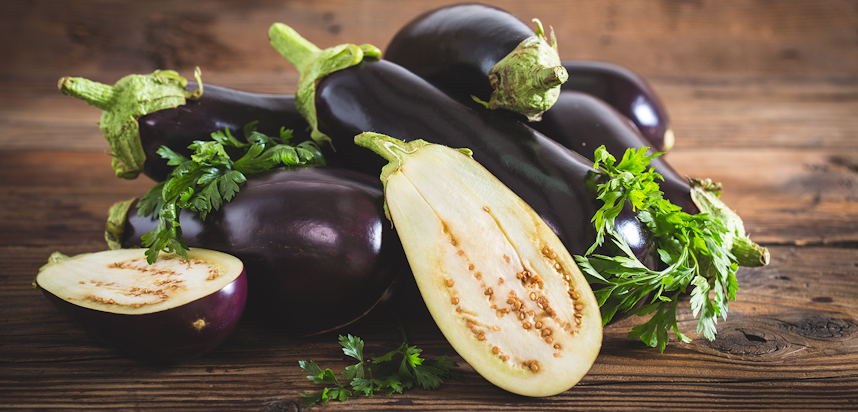
A particularly hearty and robust vegetable, aubergines (known as eggplants in America) can be slow cooked in a slow cooker or the oven on a low heat for 6-7 hours, or at a higher temperature for 3 hours to become lovely and soft. Slow-cooked aubergines are also the perfect basis for the dish baba ganoush - as they can be easily mashed or blitzed in a food processor to make a rich puree.
Beans
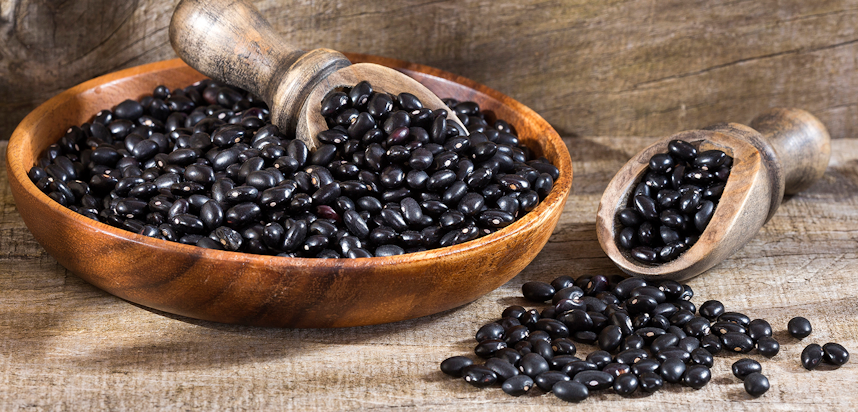
One of the most popular dishes to make in a slow cooker is stew - and beans are the ideal stew ingredient. Full of protein, beans are filling, able to take on other rich flavours and double in volume when they’re cooked - making them perfect for thickening stews and adding depth and texture to any dish they’re part of. Some beans are better for slow cooking than others, with pinto beans and black beans proving especially suitable, and dried red kidney beans and cannellini beans best avoided unless great care is taken with them.
Beans that have not been pre-soaked can take up to 5-6 hours to cook, making them a good choice for stews made with fibrous cuts of meat.
Carrots
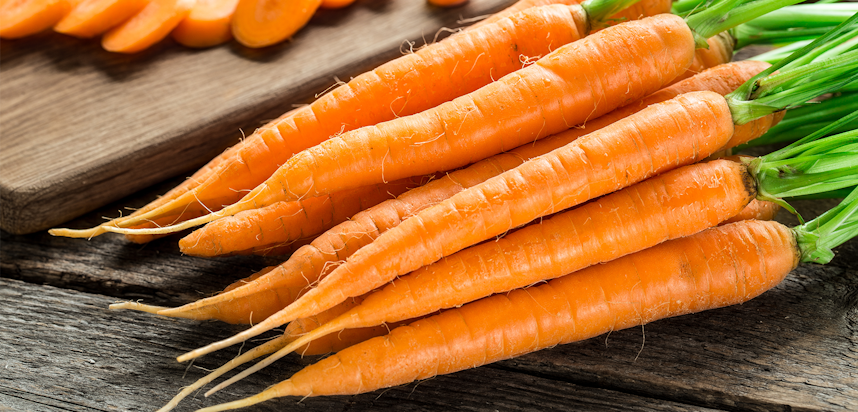
Heavier, root vegetables are best in slow cookers, rather than lighter ones with a higher water content. The prolonged cooking time will gently soften them and allow them to absorb the juices of any meat and/or stock surrounding them. The smaller you cut the carrots the faster they will cook - so avoid cooking them too small so that they disintegrate entirely, and be uniform with size and shape so they all cook evenly.
How long does slow cooking take?
Slow cooking can can take anything from 4 to 24 hours, depending on the dish and its ingredients. Those with a shorter cooking time are usually cooked on a higher heat than those with a longer cooking time.
Onions
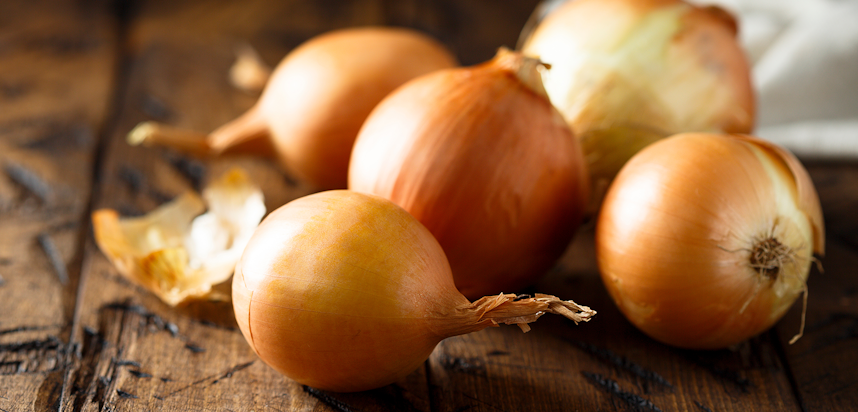
Caramelised onions are a welcome addition to sandwiches, stews, salads and even gravy. Coating sliced onions in melted butter and the putting on a low heat in a slow cooker for 10-12 hours is an easy and delicious way to make big batches of them.
Artichokes
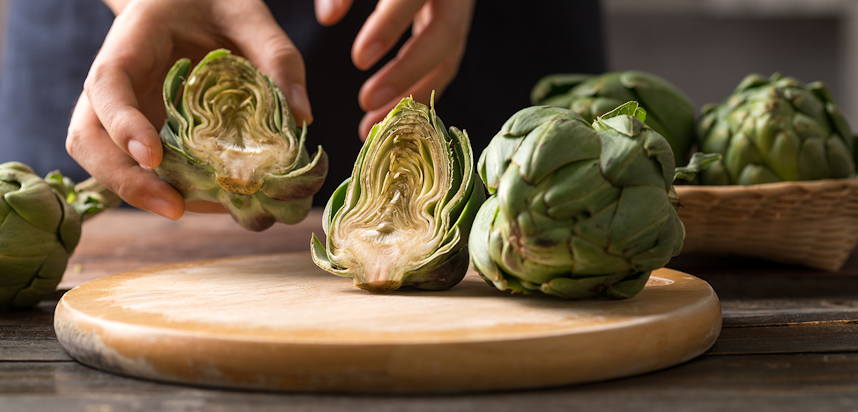
Artichokes are usually boiled, but if not done correctly this can lead to sogginess. Slow cooking them is easy so long as you choose large, fat artichokes - simply trim, top with a small knob of butter and herbs and put them in the slow cooker for 4 hours. Artichoke perfection.
Lentils
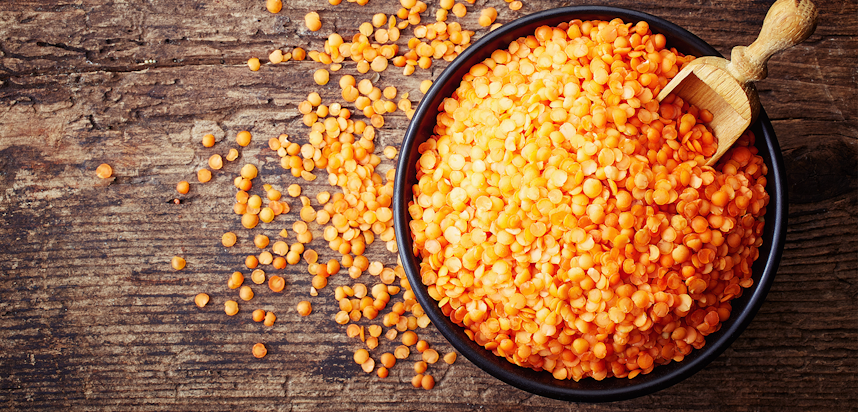
Another great thickener for stews and curries, lentils - like beans - are a great source of protein and an ideal slow-cooking ingredient.
Soaking lentils shortens their cooking time, so if slow-cooking alongside cuts of meat that require several hours in the pot it may be better to put them in dry.
Dry spices
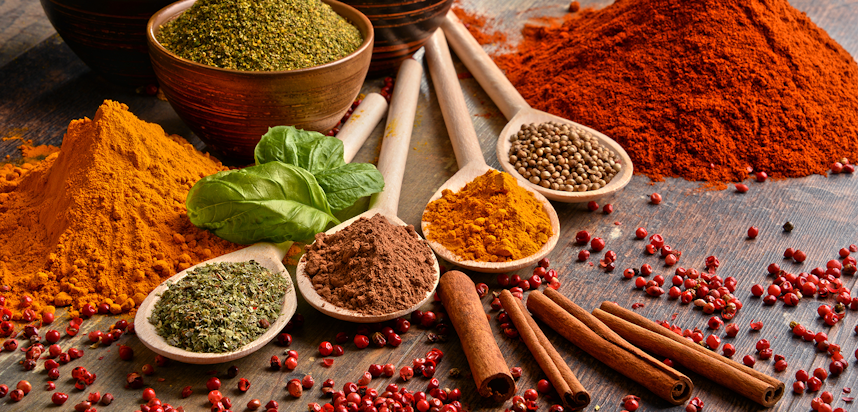
Slow cooking dried spices such as cumin, turmerin, and garam masala will allow them to deeply infuse whatever it is they’re being cooked with - for an intensely fragrant and flavourful effect.
However, anything chilli-based should be avoided - since the flavours will develop and intensify during slow cooking it might be difficult to gauge how hot the dish will become.
You may also be interested in…
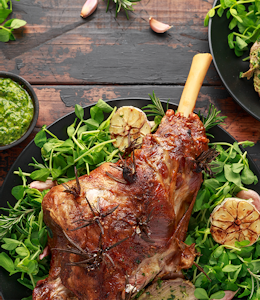
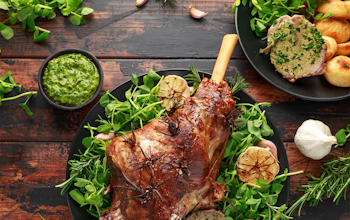
You may also be interested in…
Lamb recipes, menu ideas and top tips
ReadYou may also be interested in…
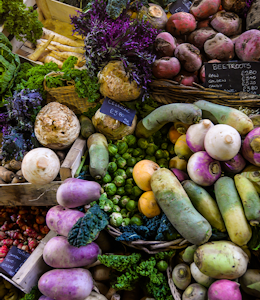
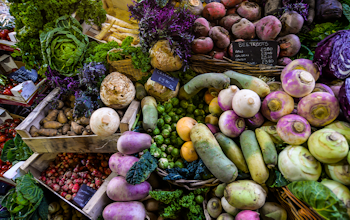
You may also be interested in…
